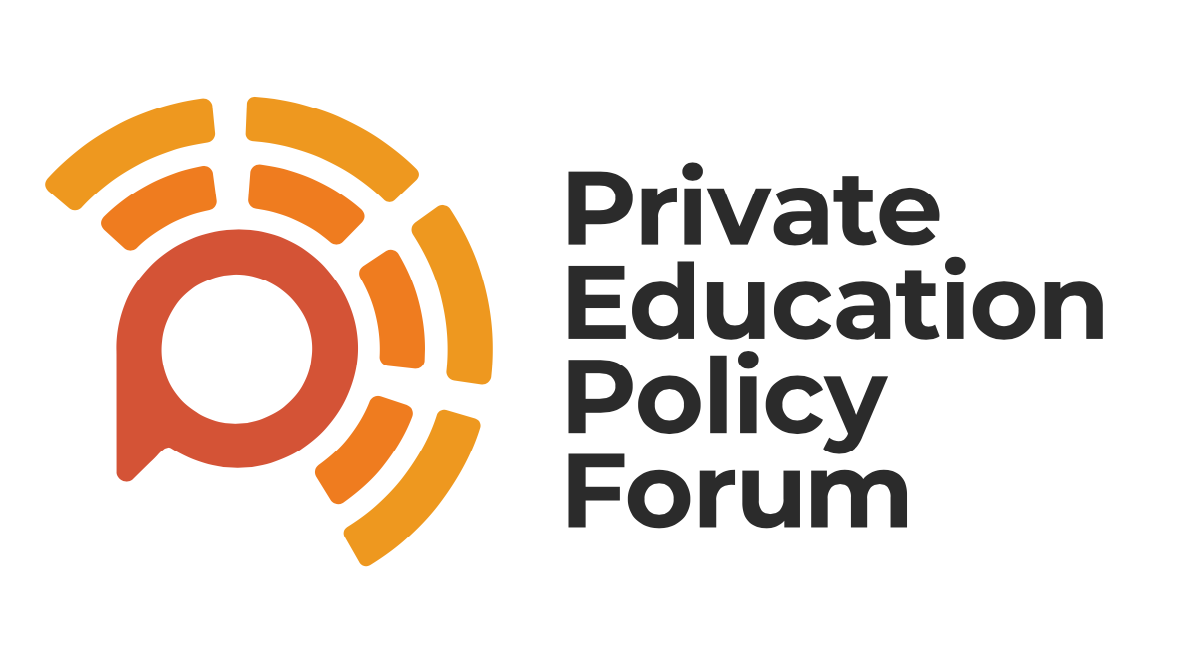
Title:
‘Away from Home, Better at School. The Case of a British Boarding School.’
Authors:
Foliani, F., Green, F. and Sartarelli, M. (2019). Economics of Education Review. 73, Dec.
What’s it about?
We know from previous research that British private schools, with their enormous resources, on average generate modestly higher academic value added than state schools at all stages. But there is much variety.
This paper is about boarders, who make up 13 per cent of private school pupils. Boarding is a substitute for a family environment, and there have been concerns about its psychological effects, especially for some primary school children.
The paper looks at an affluent English boarding school that dates from the 16th century: Christ’s Hospital school in Sussex.
It has a huge financial foundation, which means it can admit a large number of low-income pupils for zero or reduced fees. It provides more than one in six of the free private school places available in all of Britain.
Methodology:
The researchers used official administrative data for about 2.5 million pupils between 2002 and 2006.
They applied statistical methods to find two ‘control groups’ of pupils who are similar in all respects to those at Christ’s Hospital, including the area they come from, their eligibility for free school meals, their prior Key Stage scores, and their gender and ethnicity.
One control group went to selective grammar schools, while a second group attended other private schools as day pupils.
Key findings:
- The probability of a pupil from Christ’s Hospital achieving at least one A* grade at GCSE was 17 percentage points higher than an observably similar pupil from the same area who had attended a grammar school. It was 13 percent higher than similar pupils who had attended other private secondary day schools.
- The better performance of Christ’s Hospital school also held for other measures of GCSE outcomes.
This good academic performance testifies to the academic advantage from a combination of high resource inputs and boarding.
The paper offers a proof of concept that a boarding secondary school admitting high ability pupils from a low socio-economic background can improve their achievement relative to comparable pupils in other selective day schools.
What are the limitations of this research?
The paper looked only at GCSEs, and did not cover psychological outcomes. Christ’s Hospital is just one (rich) school, unique in its mission to ‘challenge inequality’, and in its ability to so. The findings – though rigorous – do not tell us whether or not boarding schools generally deliver better academic performance.
Explained by: Francis Green, Professor of Work and Education Economics at UCL Institute of Education



